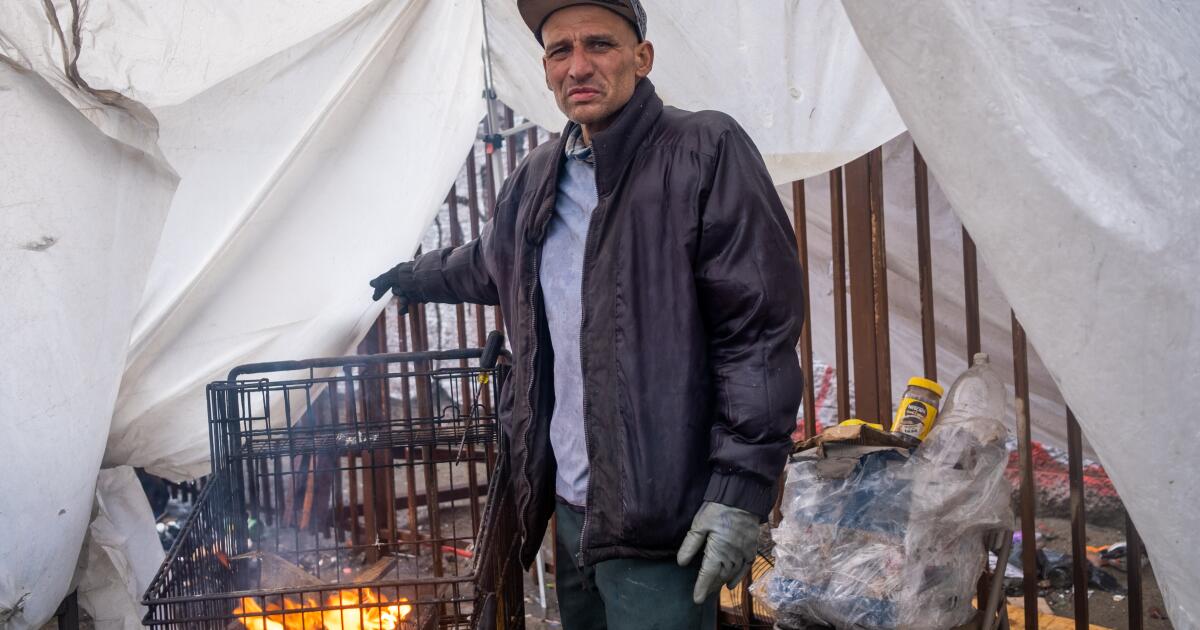If 100 homeless people were given $750 per month for a year, no questions asked, what would they spend it on?
That question was at the core of a controlled study conducted by a San Francisco-based nonprofit and the USC Suzanne Dworak-Peck School of Social Work.
The results were so promising that the researchers decided to publish results after only six months. The answer: food, 36.6%; housing, 19.5%; transportation, 12.7%; clothing, 11.5%; and healthcare, 6.2%, leaving only 13.6% uncategorized.
Those who got the stipend were less likely to be unsheltered after six months and able to meet more of their basic needs than a control group that got no money, and half as likely as the control group to have an episode of being unsheltered.



We’re honestly not at a point where UBI is sustainable. However, this clearly demonstrates that replacing existing welfare with straight up cash, and changing how that cash scales down as people approach a “normal minimum” income, is vastly superior to our current system
These experiments aren’t even trying to demonstrate that. And they don’t.